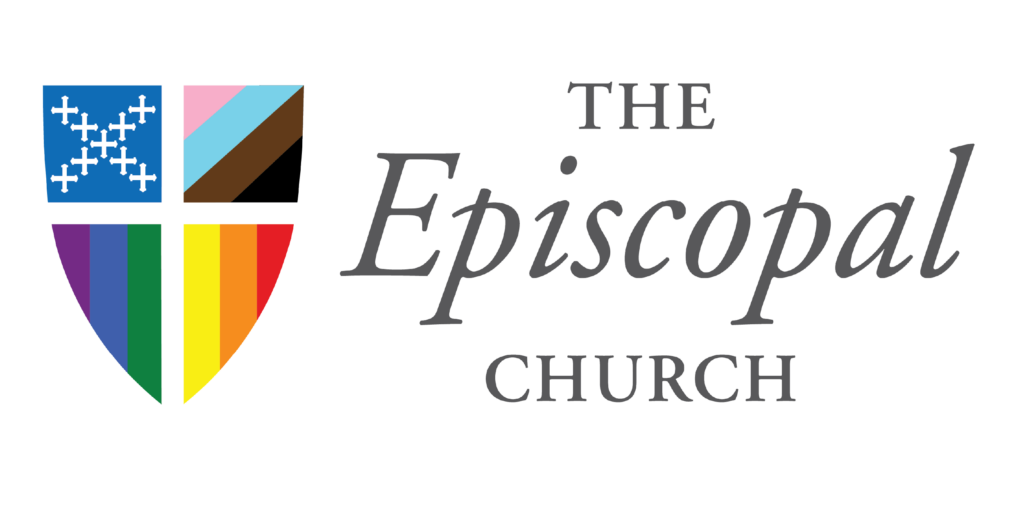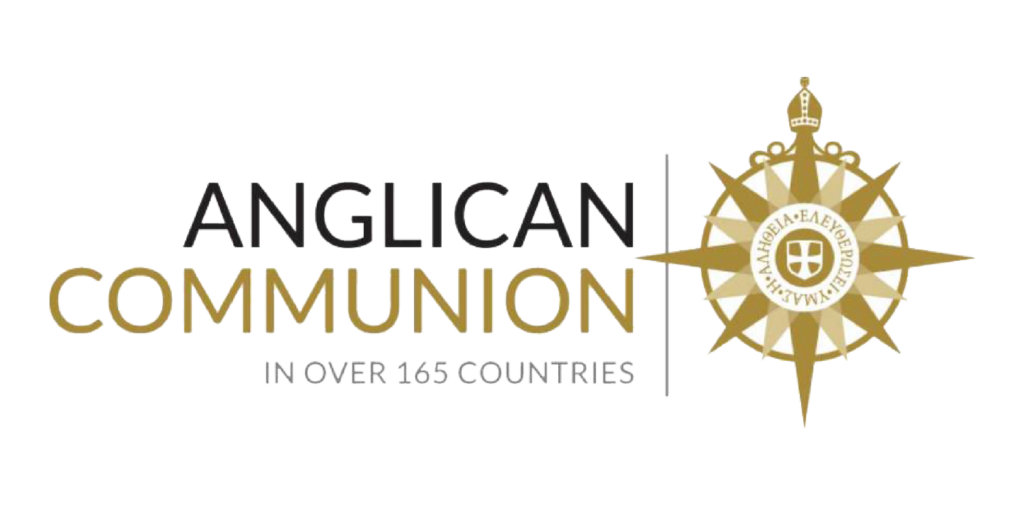What We Believe
As Episcopalians, we believe in and follow the teachings of Jesus Christ, whose life, death, and resurrection saved the world.
We believe that God loves you – no exceptions.
The Episcopal Church embraces a legacy of inclusion, aspiring to tell and exemplify God’s love for every human being; people of all genders and sexual orientations serve as bishops, priests, and deacons in our church. Laypeople and clergy work together in leadership and governance.
Source: The Episcopal Church
The Episcopal Church
The Episcopal Church welcomes all, in 106 dioceses across 22 countries and territories. We are a part of the worldwide Anglican Communion.
As a church that welcomes questions and exploration, the Episcopal Church offers a meaningful alternative in a somewhat conservative political and religious context. As we attempt to live our faith with compassion and intelligence, our long and rich history of liturgical worship and social action supports and sustains us in our diverse communities.
The mission of the church, as stated in the Book of Common Prayer’s catechism (p. 855), is “to restore all people to unity with God and each other in Christ.”
The Episcopal Church celebrates diversity of people and worship styles, yet all worship is grounded in the tradition offered to us in the Book of Common Prayer. We are known for our engaging and beautiful worship services. For those who have grown up Roman Catholic, the service, known as the Mass, Eucharist or Holy Communion, will be familiar. For those of reformed tradition or those with no religious tradition, we think you may find a spiritual home in a church that respects its tradition and maintains its sense of awe and wonder at the power and mystery of God.
We honor both tradition and reason and strive to live by the example of Jesus Christ, welcoming the stranger and the outcast, helping our neighbors and offering love and forgiveness. The Episcopal Church has 2 million members in 7,500 congregations and the wider Anglican Communion includes more than 70 million people.
Creedal, not Confessing
There are a lot of ways to understand the differences between different Christian denominations and one way is to classify whether a particular church is a “confessing church” or a “creedal church.”
A confessing church is one in which, to be a member and belong in that community, there is typically some kind of standard “Confession of Faith” to which individuals must agree, in some cases even signing a document. These confessions vary greatly among denominations, but in general they delineate what that community of faith believes and what one must believe in order to belong.
In contrast creedal churches like The Episcopal Church, outline their faith in a creed that outlines its most central beliefs with an emphasis on in whom that community of faith believes collectively. Most Episcopal liturgies (worship services) include a communal confession of either the Nicene Creed or the Apostles’ Creed, ancient statements of faith that focus on the three persons of the trinity: Creator, Son, and Holy Spirit.
Within a creedal church, there is more room for divergence among the “whats” of people’s and communities’ beliefs because although we are rooted in common core beliefs, we are free to engage with the realities of the world and living lives of faith in different ways, through lenses of our own reason, our understandings of holy scriptures, the evolution and practices of traditions and even our own experiences of the divine. In short, in The Episcopal Church, we try to be a “big tent church,” where people of all walks of lives belong together in community and unity, but not uniformity. Learn more about Our Open Community where everyone belongs.




